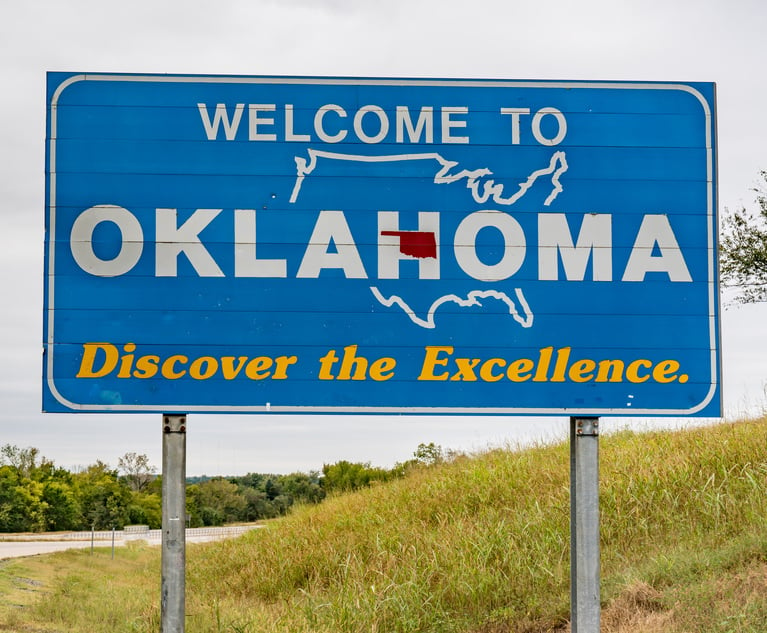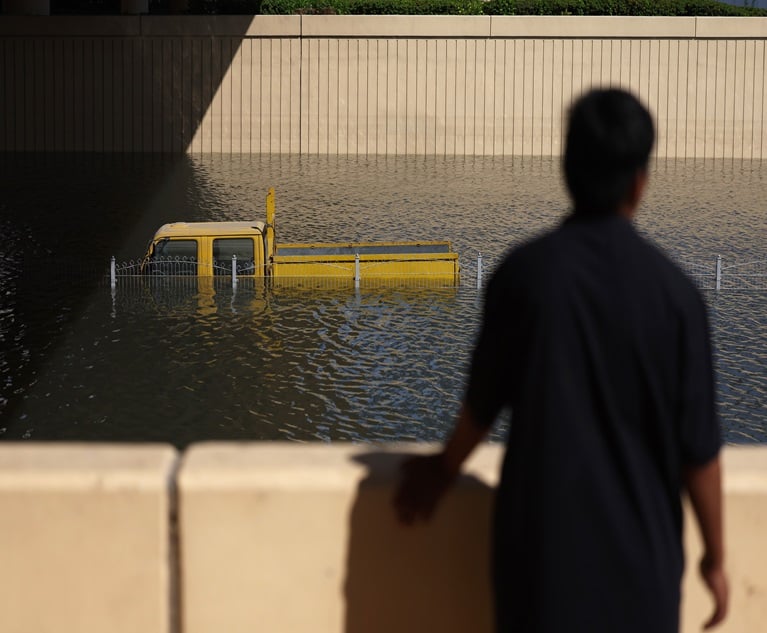Undoubtedly there are readers of this column who are “climatechange deniers.”
|Nobody said you must be a scientist to adjust claims — but ithelps. What's required are common sense skills and an interest inwhat is going on in the world.
|While this column addresses the heat wave last summer, the growing risk of wildfires and the depletion ofthe aquifers, it could have equally been about other majorcatastrophes lurking in the bushes: ISIS, Brexit and the EuropeanUnion, the threats on NATO (and what might happen if Russia decidesto move its army into a NATO country), or North Korea.
|Listening to the presidential campaigns, one would suspect thatthe enemy is already at the door.
|The real enemy
Well, maybe it is. The real enemy is our own failure to doanything substantial about climate change. According to a report by Seth Borenstein of the AssociatedPress, “Thirty-one of the country's top science organizations aretelling Congress that global warming is a real problem andsomething needs to be done about it.” The article cites the variousgroups, noting that “there is strong evidence that ongoing climatechange is having broad negative impacts on society, including theglobal economy, natural resources and human health.” The migrationof the Zika virus is but one example.
|Even the National Geographic (August,2016) cites an “invisible crisis,” the “vanishing (High Plainsor Ogallala) aquifer.” We're pumping it dry to growcrops and there is no way, no matter how many Midwestern riversflood, to refill it. The water is used to grow grain (and, fordrained California's aquifers, other food products); consider thatthe grain feeds cattle that also consume water; “a singlequarter-pound hamburger requires about 460 gallons of water toraise and process the beef.” The next “dust bowl” event will makethat of the 1930s look like a picnic in the park.
|There is, of course, no insurance policy that covers dried-upaquifers or wells with no water in them; the closest thing todrought insurance is federal crop insurance, and that is prettyexpensive stuff. Years ago this columnist suggested a pipeline topump flood water from the annual floods in the Southeast andMidwest to California or other dry areas.
|Water is already more expensive than gasoline, and the moneyfarms would pay for all that excess rainwater would more than payfor the cost of a pipeline and a gathering and filtrationsystem.
|Continue reading…
|
Is there anything the insurance industry could do, besidespaying for the losses and raising next year'spremiums? (AP Photo)
|Ethical underwriting?
We've not heard much about the Keystone Pipeline lately, but ifpoliticians want a pipeline, why not build one that ships waterinstead of Canadian oil sludge. Considering Ft. McMurray'swildfires of last summer, there won't be much of that forawhile.
|The evening news covers every new wildfire in the West on adaily basis. There is always the image of some burned-out mansionthat was built on the side of a canyon somewhere in California, andone can envision the homeowners claims: very easy to settle. Justpay the policy limits. Oh, and raise the neighbors' premiums forthe following year, for they'll be next.
|“Each year, as winter turns to spring and spring turns tosummer, the wildlands throughout our nation ignite and threaten thelives of hundreds … while causing indescribable devastation tovarious regions,” says Tim Sendelbach, editor-in-chiefof Firehouse, a publication for the fire service(June, 2016). He asks, “Is this our new normal?”
|“Not unlike the structural world, the barriers of politics andhuman behavior also encumber our nation's wildfire firefighters,”he adds. “Prevention may to some be nothing more than a buzzword,and it may not be met with a great deal of enthusiasm withinsociety, but we cannot bow down and accept the predictable loss oflife and property as our new normal.”
|Is there anything the insurance industry could do, besidespaying for the losses and raising next year's premiums? Someunderwriter somewhere approved policies on those big canyon-sidehomes that will burn, if not this year thennext. Is that ethical underwriting?
|There's not much that can be done about the heat waves, though.That's climate change. Are we doomed?
|Ken Brownlee, CPCU, is a former adjuster and risk managerbased in Atlanta, Ga. He now authors and edits claims-adjustingtextbooks. Opinions expressed in this article are theauthor's own.
|Related: Insurers, banks and pensions face climate changerisk, says Global Risk Institute
Want to continue reading?
Become a Free PropertyCasualty360 Digital Reader
Your access to unlimited PropertyCasualty360 content isn’t changing.
Once you are an ALM digital member, you’ll receive:
- All PropertyCasualty360.com news coverage, best practices, and in-depth analysis.
- Educational webcasts, resources from industry leaders, and informative newsletters.
- Other award-winning websites including BenefitsPRO.com and ThinkAdvisor.com.
Already have an account? Sign In
© 2024 ALM Global, LLC, All Rights Reserved. Request academic re-use from www.copyright.com. All other uses, submit a request to [email protected]. For more information visit Asset & Logo Licensing.








